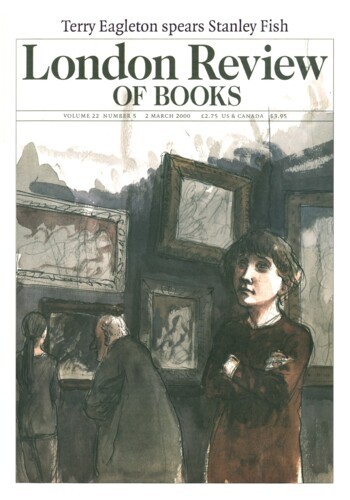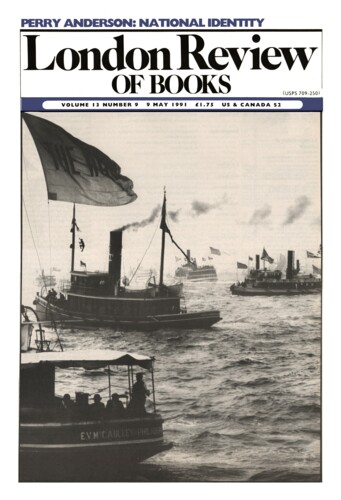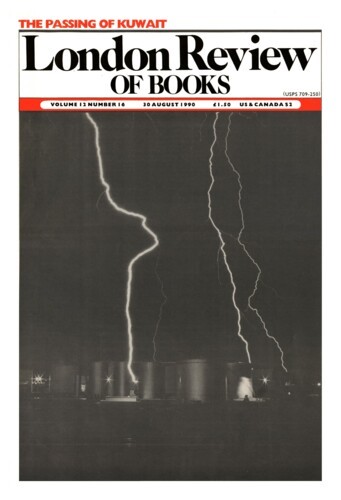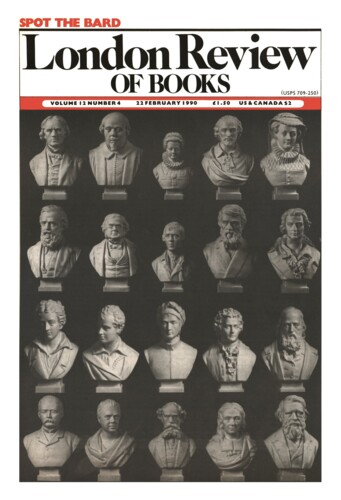The Western press is full of surprising stories about reform and crisis in the Soviet Union. Since Gorbachev came to power, Soviet politics have changed drastically. But even before his ascendancy, there were rumblings of earthshaking changes in Soviet society below the level of national politics. In the later Brezhnev years, liberal Soviet sociologists, many of whom were working in a kind of professional exile in Siberian research institutes, carefully wrote about changing Soviet mores. Studying the results of the first scientific public-opinion polls in sixty years, they noted a decline in Soviet-style patriotism, in respect for socialist and Leninist values, and in allegiance to Party and state. Led by the now-prominent sociologist Tatania Zaslavskaia, these observers pointed to increases in juvenile delinquency, evasions of military service and other ‘immoral’ activities as signs of a crisis in values. A decline in the attractiveness of visible and powerful public-service careers and a shift to ‘individualist’ lucrative private occupations, combined with respondents’ expressed desire to get rich, seemed to herald a fundamental transformation in attitudes and social organisation. Today many of the points scientifically documented by Zaslavskaia in their embryonic phase are becoming evident in daily life.
The Western press is full of surprising stories about reform and crisis in the Soviet Union. Since Gorbachev came to power, Soviet politics have changed drastically. But even before his ...





